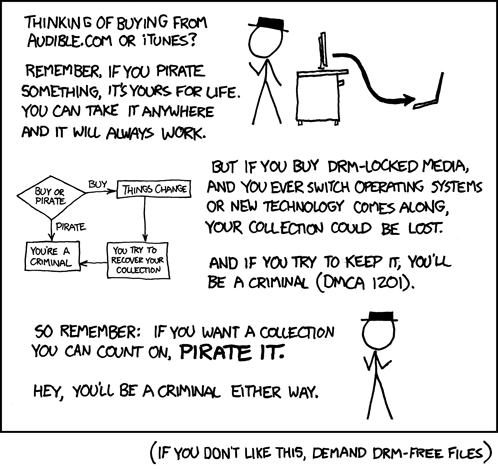Yesterday Restart released the results of what we think is an important piece of work. In March we ran a “waste composition analysis” at the Brent reuse and recycling centre which also hosts the Fixing Factory.
In addition to filtering out the laptops which get refurbished at the Factory, we wanted to test all electrical products brought for recycling to establish their reusability potential. The results of this work will definitely be of interest to @London Restarters, but we expect the situation to be similar everywhere else in the UK.
We were shocked at what we found. We tested 599 products that members of the public brought to be recycled, and found that 36.2% of them – or 217 – had the potential to be immediately reused, while an additional 57 (9.5%) required only minor repairs. That’s almost half of the electricals headed for recycling that could have had a second life in the hands of someone who needed them.
It looks like we need a Right to Reuse, in addition to the Right to Repair! Our full report gives a lot more information on the environmental and financial value of the products that could be diverted from waste. As a result, we call for filtering for reuse to become mandatory at all household waste and recycling centres.
I wanted to thank the team of Restarters who tested all these products: @Mario_De_Marco @Stefania @Ten @sami - ![]() they experienced first-hand how broken the waste management system is. We will campaign for this to change, relentlessly.
they experienced first-hand how broken the waste management system is. We will campaign for this to change, relentlessly.
Read more here:
Also, a reminder: there’s only a few hours left to donate to Restart as part of the Big Give, which will match fund any donation to us made up until April 27th at 12pm UK time. Thanks to those of you who have already donated - please spread the word and donate if you can in the next few hours:
Thanks for your ongoing support!
